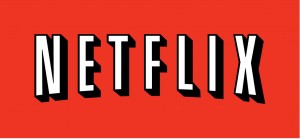Thanks to the technology gods, TV nowadays is no longer just TV. The creation of media streaming through providers such as Hulu, Netflix Inc. and Amazon Instant Video has raised competition against the good ol’ cable-TV systems.
Netflix Inc., established in 1997, has grown to be the world’s largest online television and movie provider via media streaming. Now, the company plans on further broadening its Web-based entertainment system to U.S. cable systems. The company currently holds 35.6 million global subscribers and has already signed with two European cable systems. As one of the fastest growing providers, and shares that have more than tripled this year, the cable guys are realizing that sticking them as competitors might not be the smartest move, and partnership may be the only way to keep up. Linking this to our understanding of positioning, with media streaming currently gaining majority popularity in home entertainment, cable-TV is finding a position to incorporate the number 1 (Netflix) into their own system. If Netflix takes on the deal, “newer set-top boxes [will] blend Internet-based programming with traditional pay television”[1] and will ultimately enhance the end consumers’ accessibility and convenience in a one-packaged experience. Netflix has a goal of 60 million to 90 million paying subscribers and with the expansion to U.S. cable TV, it seems like both sides will benefit from this cooperation.
[1] Edwards, Cliff, and Alex Sherman. “Netflix Seeks Presence on U.S. Cable-TV Systems to Expand.” Bloomberg.com. Bloomberg, 26 Sept. 2013. Web. 26 Sept. 2013.

